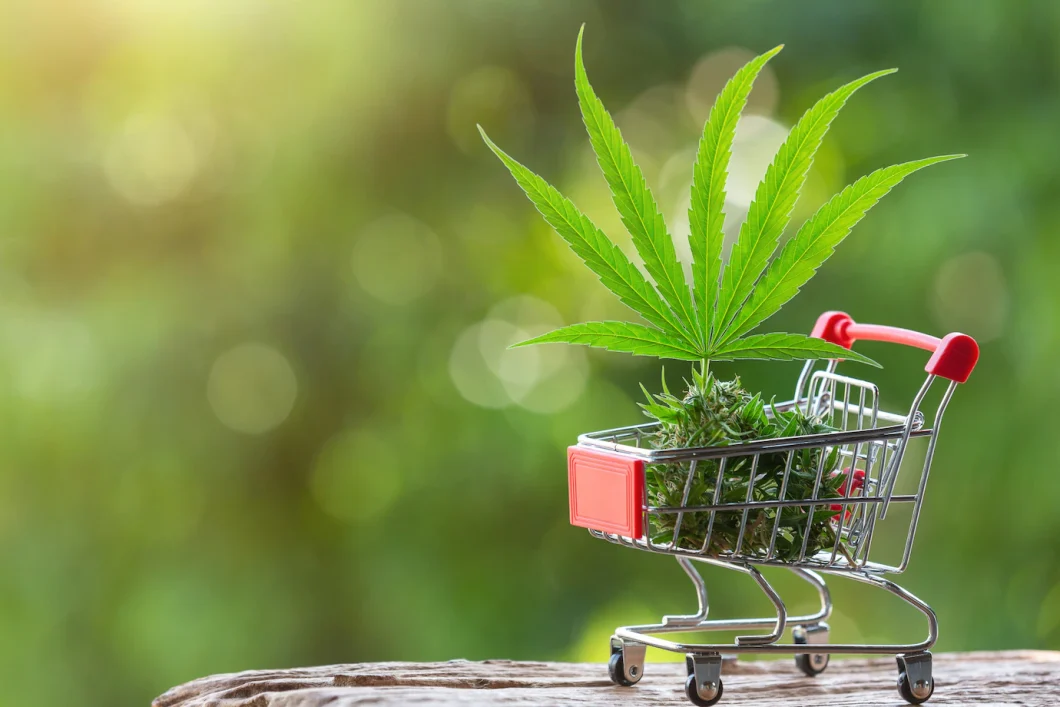The U.S. legal cannabis market is projected to double to $41.5 billion by 2025. Now, people use different cannabis products for medical and recreational purposes. Many countries are legalizing the use of marijuana. They have made specific rules and regulations for the use of marijuana. People of age 21 or above can use and purchase cannabis legally. Now, you can also use cannabis delivery services. Earlier, people could only visit dispensaries to buy their favorite marijuana products. The legalization of cannabis in various regions has given rise to different options for consumers to access their favorite cannabis products.
You can choose from different brands like mister buds. Traditional physical dispensaries have long been the go-to choice, but the emergence of cannabis delivery services has transformed the landscape. This article will compare cannabis delivery services and physical dispensaries, exploring the key differences, benefits, and consumer considerations.
Convenience and Accessibility
- Delivery Services: Cannabis delivery services offer unparalleled convenience. With just a few clicks or taps, consumers can browse a wide selection of products, place orders, and deliver them directly to their doorstep. Delivery services eliminate the need for traveling to a physical location, making it especially convenient for individuals with mobility limitations, busy schedules, or those living in remote areas.
- Physical Dispensaries: Physical dispensaries require consumers to visit a brick-and-mortar location to make their purchases. While some consumers may enjoy the in-person experience and the opportunity to interact with budtenders, it can be time-consuming. It may involve travel for those who don’t have a dispensary nearby.
Product Selection and Availability
- Delivery Services: Cannabis delivery services often boast a diverse and extensive product selection. These services collaborate with multiple suppliers and cultivators like mister buds port angeles, providing consumers access to various strains, concentrates, edibles, topicals, and other cannabis products. Delivery services can source products from various suppliers, increasing the likelihood of finding specific strains or unique offerings.
- Physical Dispensaries: Physical dispensaries typically have a limited physical space, which can constrain the number of products they can offer. While some dispensaries have a decent selection, they may not be as extensive as those found through delivery services. However, physical dispensaries may have the advantage of immediate availability, as consumers can purchase products directly off the shelves.
Personalized Recommendations and Education
- Delivery Services: Many cannabis delivery services leverage technology to provide personalized recommendations to customers. These services can suggest strains or products tailored to individual tastes and desired effects by analyzing customer preferences, purchase history, and browsing habits. Additionally, delivery services often provide detailed product descriptions and educational resources to help customers make informed decisions.
- Physical Dispensaries: Physical dispensaries offer the advantage of face-to-face interactions with knowledgeable budtenders who can provide personalized recommendations and answer questions in real-time. Budtenders can offer guidance based on their expertise and customer needs. Dispensaries also allow consumers to examine and smell the products before purchasing.
Privacy and Discretion
- Delivery Services: Cannabis delivery services offer a discreet and confidential experience. The packaging is designed to preserve privacy, and drivers are trained to handle deliveries with professionalism and confidentiality. It can be particularly appealing for individuals who prefer to keep their cannabis consumption private or may feel uncomfortable visiting a physical dispensary.
- Physical Dispensaries: While some consumers may not mind the public aspect of visiting a physical dispensary, others may value their privacy. Dispensaries can be busy and frequented by other customers, potentially leading to encounters with acquaintances or strangers. However, physical dispensaries do offer the benefit of a controlled environment where customers can ask questions and receive personalized recommendations face-to-face.
Regulatory Compliance and Safety
- Delivery Services: Cannabis delivery services operate within the legal framework and comply with age restrictions, product safety, and secure transportation regulations. They prioritize safety by conducting background checks on drivers, implementing secure packaging, and ensuring proper identification verification upon delivery.
- Physical Dispensaries: Physical dispensaries also adhere to regulatory requirements and safety standards. They typically have robust security measures, such as surveillance cameras and controlled access. Dispensaries are responsible for maintaining a safe and compliant environment for customers and employees.
Conclusion
Both cannabis delivery services and physical dispensaries offer unique advantages for consumers. Delivery services excel in convenience, wide product selection, personalized recommendations, and privacy. On the other hand, physical dispensaries provide immediate availability, face-to-face interactions with budtenders, and the opportunity to examine products physically. Ultimately, the choice between the two depends on individual preferences, location, accessibility, and the overall shopping experience the consumer desires.

